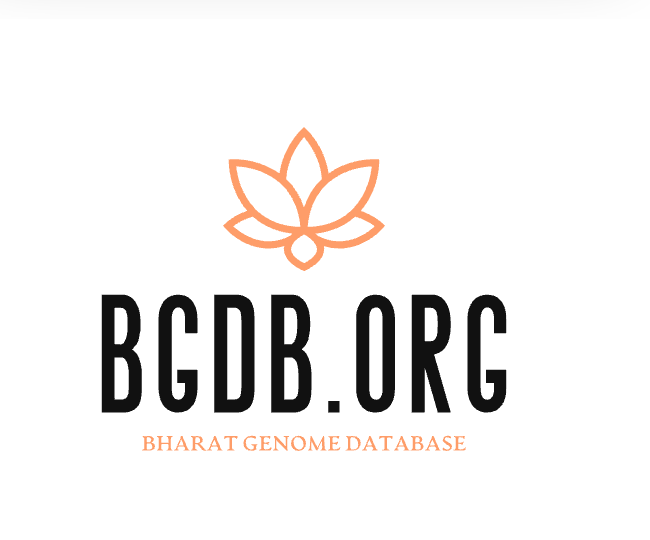Ocimum tenuiflorum (Tulsi)
Ocimum tenuiflorum, commonly known as Tulsi or Holy Basil, is a revered aromatic perennial plant in the family Lamiaceae. Native to the Indian subcontinent and widespread throughout Southeast Asia, Tulsi is highly valued in Ayurveda and traditional medicine for its adaptogenic, antimicrobial, and anti-inflammatory properties. The plant typically grows as a small shrub with green or purple leaves, and produces tiny, fragrant flowers. Tulsi is rich in essential oils and phytochemicals, contributing to its medicinal efficacy and distinctive aroma. It is widely cultivated in homes and temples for its spiritual significance and health benefits. Genomic studies of Tulsi have provided insights into its biosynthetic pathways and stress tolerance, making it a model for research in medicinal plants. Its multifaceted uses span culinary, medicinal, and religious domains, underscoring its importance in both cultural and scientific contexts.

